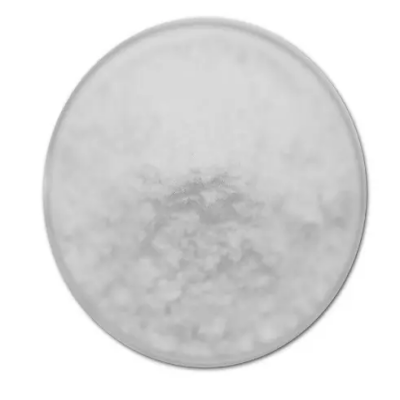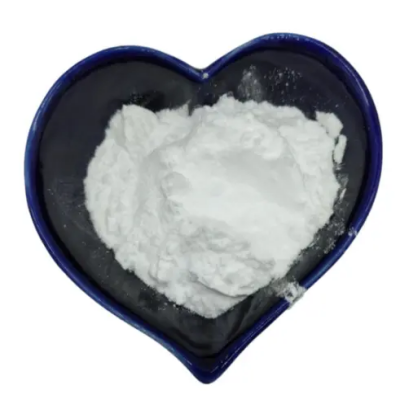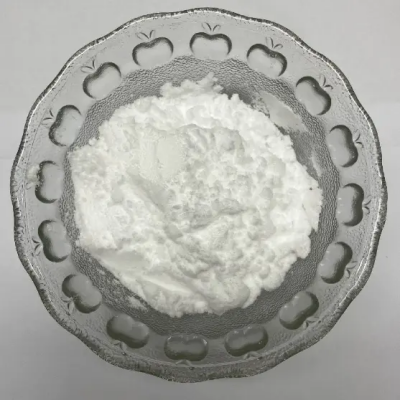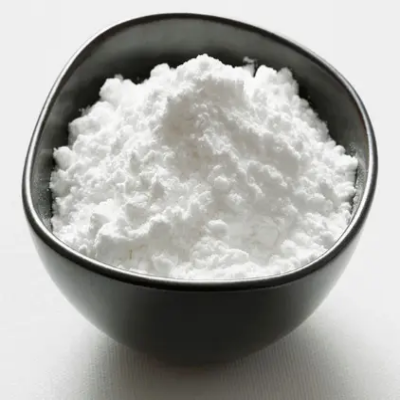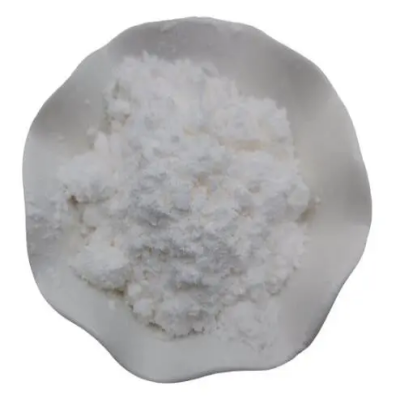Ascorbic Acid CAS:50-81-7
Ascorbic Acid, or Vitamin C, can be utilized in diverse ways to support overall health and wellness. As a dietary supplement, it is available in various forms, including tablets, capsules, powders, and even fortified food products. The recommended daily intake varies based on age, sex, and specific health needs but generally ranges from 75mg to 90mg for adults. Vitamin C is renowned for its potent antioxidant properties, which help combat oxidative stress and protect cells from damage caused by free radicals. This makes it an essential nutrient for supporting the body's natural defense mechanisms and promoting overall immune function. Additionally, Ascorbic Acid plays a key role in collagen synthesis, which is vital for skin health, wound healing, and maintaining the integrity of connective tissues. It also supports the absorption of iron from plant-based sources, making it a valuable nutrient for individuals following vegetarian or vegan diets. Furthermore, Vitamin C is recognized for its potential to promote cardiovascular health, enhance iron metabolism, and contribute to cognitive function. Some individuals also use it to mitigate the effects of environmental pollutants and support respiratory health. Incorporating Ascorbic Acid into a daily wellness regimen can help individuals maintain optimal levels of this essential nutrient, thereby supporting overall health, vitality, and resilience. However, it's important to adhere to recommended dosages and consult with a healthcare professional, especially when addressing specific health concerns or considering higher supplementation levels.



| Composition | C6H8O6 |
| Assay | 99% |
| Appearance | White power |
| CAS No. | 50-81-7 |
| Packing | Small and bulk |
| Shelf Life | 2 years |
| Storage | Store in cool and dry area |
| Certification | ISO. |


